 Petzlover
Petzlover Afghan Hound is originated from Afghanistan but Tenterfield Terrier is originated from Australia. Afghan Hound may grow 43 cm / 17 inches higher than Tenterfield Terrier. Both Afghan Hound and Tenterfield Terrier are having almost same weight. Both Afghan Hound and Tenterfield Terrier has same life span. Both Afghan Hound and Tenterfield Terrier has almost same litter size. Afghan Hound requires High Maintenance. But Tenterfield Terrier requires Low Maintenance
Afghan Hound is originated from Afghanistan but Tenterfield Terrier is originated from Australia. Afghan Hound may grow 43 cm / 17 inches higher than Tenterfield Terrier. Both Afghan Hound and Tenterfield Terrier are having almost same weight. Both Afghan Hound and Tenterfield Terrier has same life span. Both Afghan Hound and Tenterfield Terrier has almost same litter size. Afghan Hound requires High Maintenance. But Tenterfield Terrier requires Low Maintenance
 The first known information about Afghan Hound was in the 19th century. That dog looked like a Saluki. The breed that we know today is a mix of an Afghan hound accentor which came to Britain in 1920s and other breeds that were popular in that period. Afghan Hound became popular because they were used to hunt big prays in Afghanistan. One of those breeds was Tasy breed. They were very popular among royalty because of its posture and elegance. Their popularity grew very quickly through the whole Europe.
The first known information about Afghan Hound was in the 19th century. That dog looked like a Saluki. The breed that we know today is a mix of an Afghan hound accentor which came to Britain in 1920s and other breeds that were popular in that period. Afghan Hound became popular because they were used to hunt big prays in Afghanistan. One of those breeds was Tasy breed. They were very popular among royalty because of its posture and elegance. Their popularity grew very quickly through the whole Europe.
They were also very popular because they were used to hunt antelopes, gazelles, and snow panthers. In India, English soldiers used them as a mail carrier.
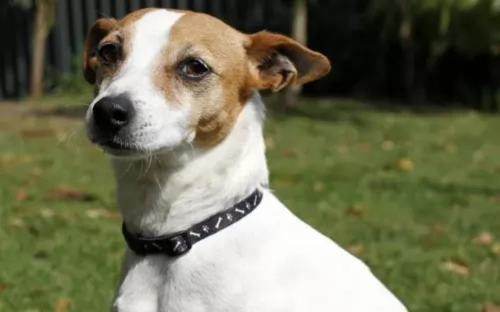 The ancestors of the Tenterfield Terrier came to Australia with the British and from them came this Australian breed. The English terriers were bred to be ratters on the ships to Australia. Today’s breed is a hardy, strong, athletic and agile dog. These first dogs were miniature Fox Terriers, bred for ratting. The miniature Fox Terrier was an established breed in the late 19th century in Australia with families and was know as a Mini Foxie. The breed became a steady presence in homes by the 1920’s.
The ancestors of the Tenterfield Terrier came to Australia with the British and from them came this Australian breed. The English terriers were bred to be ratters on the ships to Australia. Today’s breed is a hardy, strong, athletic and agile dog. These first dogs were miniature Fox Terriers, bred for ratting. The miniature Fox Terrier was an established breed in the late 19th century in Australia with families and was know as a Mini Foxie. The breed became a steady presence in homes by the 1920’s.
The breed might not have been named after the area of Tenterfield as many have guessed. Instead they may have been named after a breeder. The owner of the Tenterfield saddlery was called Tenterfield Saddler and he owned several of the breed. In 1990, Don Burke, a television personality suggested the breed be named the Tenterfield Terrier.
The Miniature Fox Terrier Club of South Australia. Now there were several clubs in Australia and a lot of disagreement about exactly what type of dog a miniature fox terrier was. Some did not think the name was legitimate, but they wanted recognition from the Australian National Kennel Club (ANKC). So, they became the Tenterfield Terrier Club of Australia in 1993. They were recognized by 2002.
Today the breed standard for the Tenterfield Terrier is different from the one for the Miniature Fox Terrier. They are now entirely separate breeds. In addition to the ANKC, the breed is recognized by the New Zealand Kennel Club but not by the AKC. It is also recognized by the American Pet Registry, Inc, the American Canine Registry and the Dog Registry of America, Inc.
 The average weight of an adult male is 26-34kg, while females are smaller with an average weight approximately 23 kg.
The average weight of an adult male is 26-34kg, while females are smaller with an average weight approximately 23 kg.
While average height of the Afghan Hound is 68-74cm. Females are slightly smaller with an average height of 63cm.
The lifespan of an Afghan Hound is 12-14 years, but that always depends on the dog to dog. If you have a healthy dog and you take proper care, they tend to live much longer than average lifespan.
Litter Size again variates from dog to dog, but an average litter size is 6-7 puppies.
Afghan hound has many other names, so you might know this breed as Tazi, Tazhi Spay, Da Kochyano Spay, Sage Balochi, Ogar Afgan, Barakzai Hound, Eastern Greyhound, and Persian Greyhound.
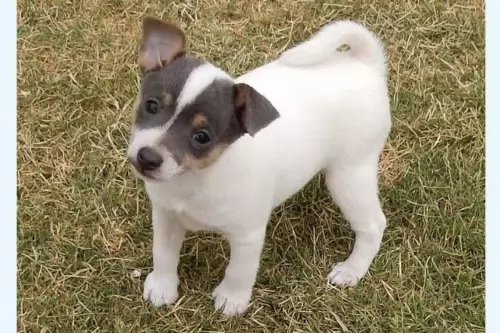 The Tenterfield Terrier is square and compact. He has a head shaped like a wedge and unusual in the terrier group. They have pricked ears and are predominantly white mixed with tan or black. They could also be tri-colored in black/tan and white or tan/liver and white. They have naturally occurring bob tails or docked tails. The nose is usually black unless the dog is liver colored, they have liver noses. The jaws are strong, and lips are tight with a strong neck.
The Tenterfield Terrier is square and compact. He has a head shaped like a wedge and unusual in the terrier group. They have pricked ears and are predominantly white mixed with tan or black. They could also be tri-colored in black/tan and white or tan/liver and white. They have naturally occurring bob tails or docked tails. The nose is usually black unless the dog is liver colored, they have liver noses. The jaws are strong, and lips are tight with a strong neck.
 Afghan hounds love spending time with one owner or one family. They are not very sociable with other guests. They won’t bark or attack. They simply just don’t enjoy big crowd company. They do not enjoy spending time with children, but if trained properly they will learn to adjust. They simply don’t like quick and sudden movements, but they are not aggressive towards children. They are very independent and intelligent dogs. It is important to be gentle, patient and kind because they love positive training and awards. They are amazing breed with proper owner. Rough handling and punishments will make Afghan hound withdrawn or even depressed. Afghan hound do not tend to please its owner.
Afghan hounds love spending time with one owner or one family. They are not very sociable with other guests. They won’t bark or attack. They simply just don’t enjoy big crowd company. They do not enjoy spending time with children, but if trained properly they will learn to adjust. They simply don’t like quick and sudden movements, but they are not aggressive towards children. They are very independent and intelligent dogs. It is important to be gentle, patient and kind because they love positive training and awards. They are amazing breed with proper owner. Rough handling and punishments will make Afghan hound withdrawn or even depressed. Afghan hound do not tend to please its owner.
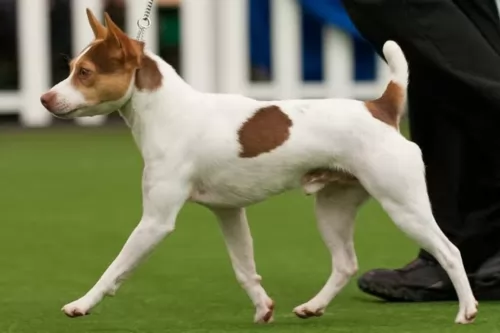 3.Adaptability – they need space even though they are small. They need a lot of exercise. They can adapt if they get another exercise. They can live in apartments and can play indoors as well as out.
3.Adaptability – they need space even though they are small. They need a lot of exercise. They can adapt if they get another exercise. They can live in apartments and can play indoors as well as out.
4.Learning ability – They are extremely intelligent, but they can be stubborn like all terriers.
 Afghan hounds are generally very healthy breed. But, as every breed, they have tendencies to some health problems. If you want to prevent those diseases it is important to select a right and healthy puppy.
Afghan hounds are generally very healthy breed. But, as every breed, they have tendencies to some health problems. If you want to prevent those diseases it is important to select a right and healthy puppy.
Elbow and hip dysplasia are basically common health problem to any big breed. Juvenile cataracts, Cancer and Hypothyroidism are some of the health problems that have been found in this breed, but overall, with proper care and regular vet checks, you will have a happy and healthy Afghan.
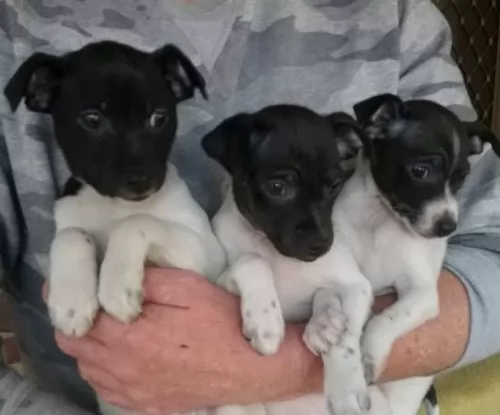 They are small in stature and because of their face they seem to have dental issues. The breed does not have a lot of health issues but deals with the same issues as many small terriers. Not all members of the breed are susceptible to these, but some are just like the Australian Terrier.
They are small in stature and because of their face they seem to have dental issues. The breed does not have a lot of health issues but deals with the same issues as many small terriers. Not all members of the breed are susceptible to these, but some are just like the Australian Terrier.
 Afghan hound loves eating and 2-2.5 cups of high-quality dry food. It is better if the dog is feeding twice a day. Always depends on the activity of the dog, metabolism, age, size and built. So it is important to observe your dog and to realize what is the best quantity of food.
Afghan hound loves eating and 2-2.5 cups of high-quality dry food. It is better if the dog is feeding twice a day. Always depends on the activity of the dog, metabolism, age, size and built. So it is important to observe your dog and to realize what is the best quantity of food.
Feeding the Afghan puppy should be feed at least 3-5 times per day. It is important to feed your puppy with smaller portions, but more times per day.
Grooming this breed is not very hard, but it requires grooming and taking care of the long coat. Besides a couple of baths, every year and regular everyday grooming will make your dog hair look amazing! Afghan hound is not dog with a lot of requirements.
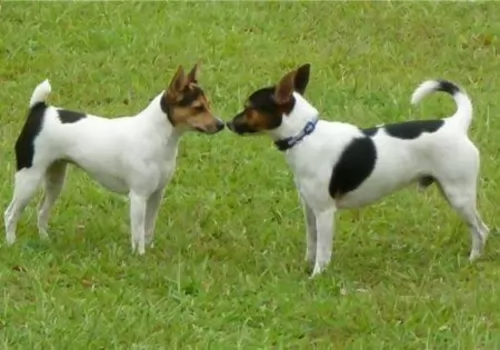 1.Feeding the puppy – Don’t overfeed but do feed high quality puppy food for small breeds and terriers.
1.Feeding the puppy – Don’t overfeed but do feed high quality puppy food for small breeds and terriers.
2.Feeding the adult – This is an active breed but don’t overfeed. Feed a high quality adult dog food for terriers or small breeds. Feed 2 times a day.
4. Games and Exercises – The breed has a high energy level and needs a lot of exercise. He is a terrier and loves to “go to ground”. Play activities that allow him to do that are best. He plays barn hunt, lure coursing and terrier specific competitions.